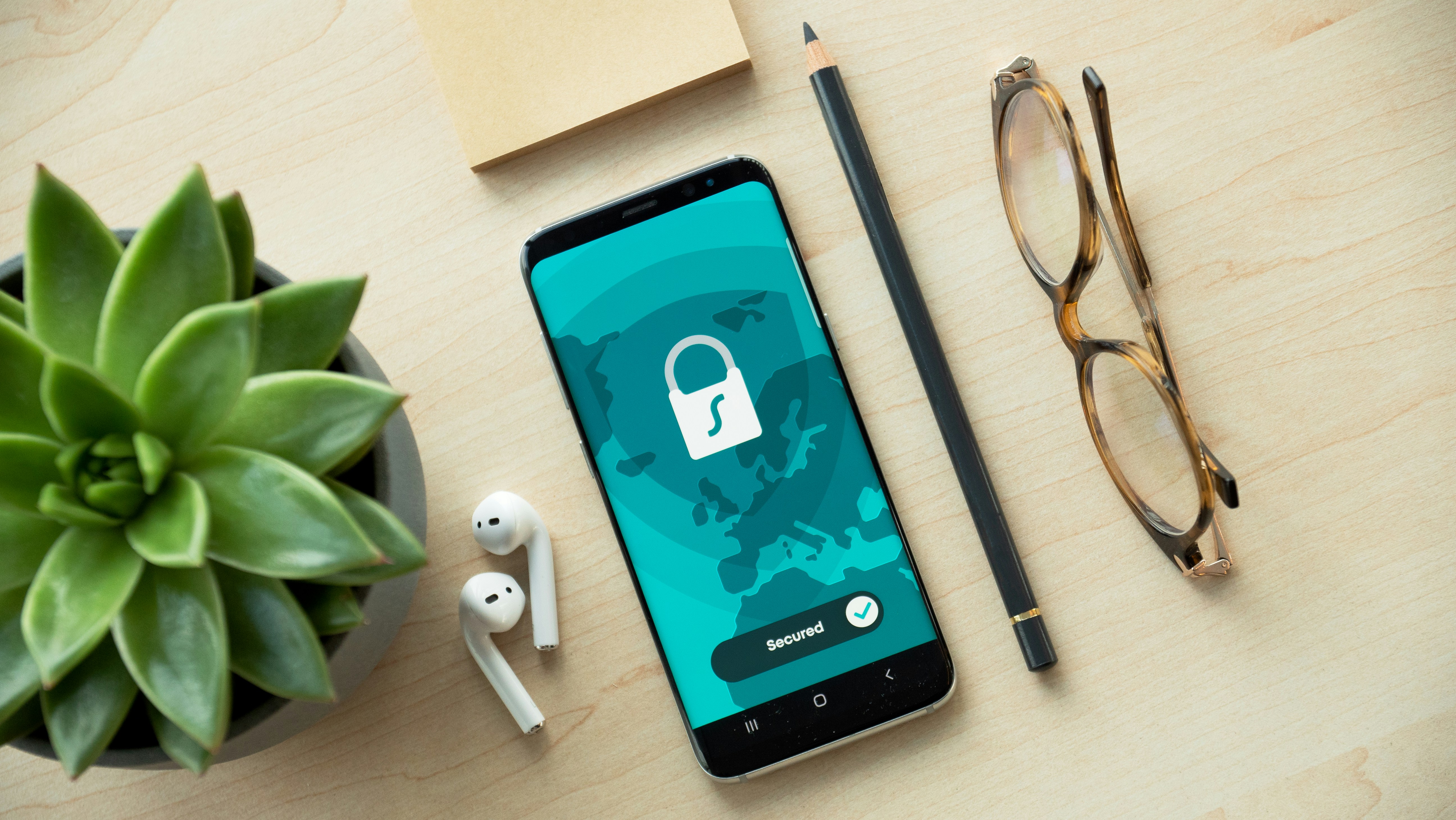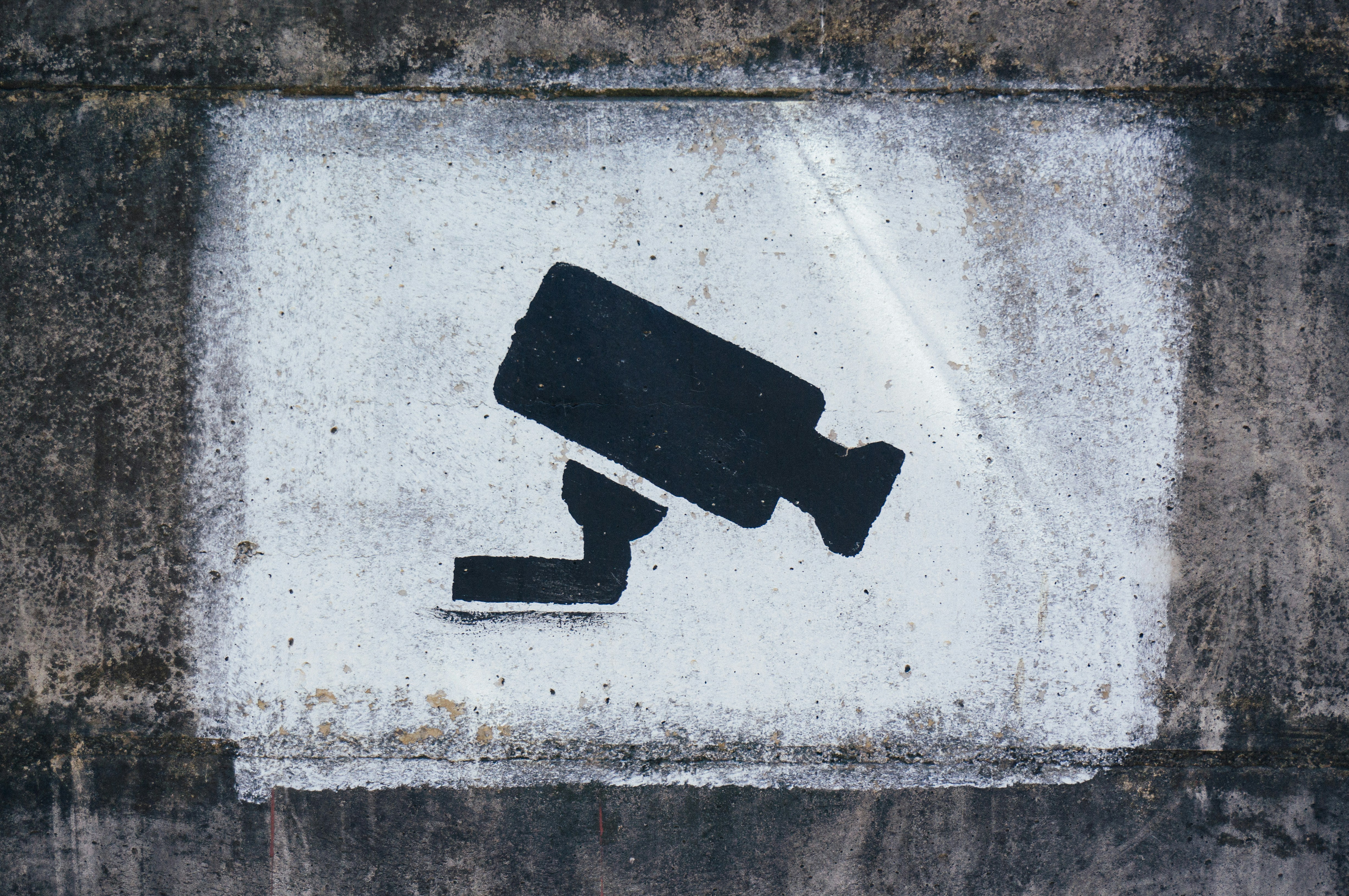Choose strong and unique passwords
Use a combination of letters, numbers, and symbols
When it comes to protecting your privacy on social media, choosing a strong and unique password is crucial. A strong password is one that combines letters, numbers, and symbols, making it difficult for hackers to guess. Avoid using common passwords like “password” or “123456,” as these are easily compromised. Instead, get creative and come up with a unique combination that only you would know.
Avoid using personal information in your password
Another important tip to maintain privacy in social networking is to avoid using personal information in your password. Hackers can easily find out information like your birthdate, address, or pet’s name, so incorporating these details into your password would make it easier for them to gain access to your account. It’s best to choose something unrelated to your personal life which would be difficult for others to guess.
Change your passwords regularly
Lastly, remember to change your passwords regularly to further protect your information on social media. By regularly updating your passwords, even if someone manages to guess it, their access would be limited to a short period of time. Set reminders to change your passwords every few months or so, and ensure that you create new strong and unique passwords each time.
By following these tips, you can maintain privacy in social networking and safeguard your personal information on social media platforms. Protecting your online privacy is essential in today’s digital world, and taking these small precautionary steps can go a long way in ensuring the safety of your personal data.
This image is property of images.unsplash.com.
## Enable two-factor authentication
Add an extra layer of security to your accounts
In today’s digital age, it has become increasingly important to protect your personal information while engaging in social networking. One effective way to enhance your privacy and safeguard your data is by enabling two-factor authentication (2FA) on your social media accounts.
Use authentication apps instead of SMS codes
When setting up 2FA, consider opting for authentication apps over SMS codes. These apps generate unique codes that you must enter along with your password to verify your identity. Unlike SMS codes, which can be intercepted by hackers, authentication apps provide a more secure and reliable method of authentication.
Enable biometric authentication if available
Another step you can take to fortify your social media privacy is to enable biometric authentication, such as fingerprint or facial recognition, if it is available on your device. Biometric authentication adds an additional layer of security, as only you can unlock your device or access your social media accounts using your unique biometric data.
By following these simple steps and enabling two-factor authentication with authentication apps or biometric features, you can significantly enhance the security of your social media accounts and protect your personal information from unauthorized access and potential data breaches. Stay safe while enjoying the benefits of social networking!
This image is property of images.unsplash.com.
## Review privacy settings
Familiarize yourself with the privacy settings on each platform
To maintain privacy in social networking and protect your information on social media, it’s essential to understand and take advantage of the privacy settings available on each platform you use. Whether it’s Facebook, Twitter, Instagram, or any other social networking site, spend some time exploring the privacy options they provide. This will give you control over who sees your posts, personal information, and other data you share on the platform.
Customize who can see your posts and personal information
Once you’re familiar with the privacy settings, take the necessary steps to customize them according to your preferences. Consider limiting the audience for your posts to only your friends or specific groups. Additionally, be cautious about the personal information you display on your profile. Review and adjust who can view your contact information, such as phone number and email address, ensuring it’s only accessible to trusted individuals.
Regularly review and update your privacy settings
Social media platforms often introduce new features and privacy options. To stay up-to-date with the latest protections, make it a habit to regularly review and update your privacy settings. Set aside some time every few months to check if there have been any changes, and adjust your settings accordingly. This way, you can ensure that your personal information remains safeguarded from unauthorized access.
By reviewing privacy settings, customizing who can see your posts, and regularly updating these settings, you can maintain your privacy in social networking and protect your personal information on social media platforms.
Be mindful of what you share
Think twice before posting personal or sensitive information
When using social media, it’s crucial to exercise caution and be mindful of the information you choose to share. Before hitting that “post” button, ask yourself if it’s really necessary to divulge personal or sensitive details. Is it something that could potentially harm your reputation or be used against you? Remember, once it’s out there, it’s difficult to control who has access to it.
Consider the potential consequences of your posts
Before sharing anything on social media, take a moment to consider the possible consequences. Will it offend someone, jeopardize your job, or put you in potential danger? Pause and think about how your post may be perceived by others, as well as the potential impact it might have on your life and relationships.
Avoid sharing your exact location in real-time
While sharing your whereabouts can be tempting, it’s important to think twice before doing so. Broadcasting your exact location in real-time could leave you vulnerable to privacy breaches or even harm. Instead, consider sharing your experiences after the fact or use location-based filters that provide a general sense of where you are without pinpointing your exact whereabouts.
By being mindful of what you share on social media, considering the potential consequences of your posts, and avoiding real-time location sharing, you can proactively protect your privacy and safeguard your personal information online. Stay cautious and share responsibly!
This image is property of images.unsplash.com.
## Beware of third-party apps and quizzes
Be cautious when granting permissions to third-party apps
When using social media platforms, it is important to be vigilant about the permissions you grant to third-party applications. These apps often request access to personal information, such as your contact list, photos, and even your location. Before granting these permissions, take a moment to consider whether the app truly requires that level of access. Ask yourself if the benefits offered by the app outweigh the potential risks to your privacy. By exercising caution and limiting the permissions you grant, you can minimize the amount of personal data that these apps can access.
Limit the amount of personal information shared with apps
When using social media, it’s crucial to be mindful of the personal information you share with apps. Often, these apps will ask for details like your birthdate, email address, or even your favorite hobbies. Limit the information you provide to the bare minimum necessary for the app to function properly. Avoid sharing sensitive data, such as your home address or social security number, as this information could potentially be misused or exploited.
Avoid taking quizzes that require access to your profile
Quizzes can be a fun way to pass the time on social media, but be wary of those that request access to your profile. These quizzes often have hidden agendas and can harvest your personal data for malicious purposes. It’s best to avoid engaging with such quizzes altogether, or at the very least, carefully review the permissions they require before proceeding. Protect your information by being selective with the quizzes you choose to participate in.
Safeguarding your privacy on social media requires attentiveness. By being cautious when granting permissions to third-party apps, limiting the personal information you share, and avoiding quizzes that require access to your profile, you can enjoy the benefits of social networking while safeguarding your personal data. Stay vigilant and protect your information!
Manage your friends and connections
Only accept friend requests or connection requests from people you know
In order to maintain your privacy on social networking platforms, it is crucial to be cautious about accepting friend requests or connection requests. Only accept requests from individuals who you personally know and trust. This will reduce the chances of your personal information falling into the wrong hands. By limiting your network to people you have a genuine relationship with, you have more control over who can access your personal details and posts.
Regularly review and remove inactive or suspicious accounts from your network
It is important to regularly review your friends or connections list and remove any inactive or suspicious accounts. These accounts may be bots or potential sources of security breaches. Cleaning up your network helps to ensure you are sharing your personal information and content with genuine individuals, reducing the possibility of scams or privacy breaches.
Utilize groups or lists to control who sees your content
Social networking platforms often provide options to create groups or lists that allow you to control who can see your posts. Utilize this feature by categorizing your friends or connections based on the level of privacy you desire. This way, you can restrict your personal information and updates to specific groups who you trust. This adds an extra layer of protection to your online presence and ensures that your information is only visible to those you choose to share it with.
Secure your mobile devices
Set a strong passcode or use biometric authentication
Protecting your mobile devices is crucial in maintaining privacy while using social media. Set a strong passcode or utilize the biometric authentication features, such as fingerprint or facial recognition, to ensure that only you can access your device. Avoid using predictable passcodes like your birthdate or simple combinations like “1234”. By implementing a strong passcode or biometric authentication, you add an extra layer of security to your private information.
Update your device’s operating system and apps regularly
Regularly updating your device’s operating system and apps is essential for safeguarding your privacy. Developers constantly release updates to address security vulnerabilities and fix bugs that could compromise your personal data. These updates often include important security patches and enhancements to protect against the latest threats. Make sure to enable automatic updates or manually check for updates frequently to ensure you’re running the latest versions of your operating system and apps.
Be cautious when connecting to public Wi-Fi networks
While accessing social media on the go, be cautious when connecting to public Wi-Fi networks. Public Wi-Fi can be a breeding ground for hackers looking to steal your personal information. Avoid accessing sensitive information or logging into your social media accounts on such networks. If you must connect to public Wi-Fi, consider using a virtual private network (VPN) to encrypt your connection and protect your data from prying eyes. Remember, it’s better to err on the side of caution and prioritize your privacy when using social media on public networks.
Maintaining privacy in social networking and safeguarding your information on social media requires proactive measures. By securing your mobile devices, updating regularly, and being cautious when connecting to public Wi-Fi networks, you can take significant steps towards protecting your personal information while enjoying the benefits of social media.
Educate yourself about phishing scams
Phishing scams are one of the major threats to your privacy and personal information on social media. It is essential to educate yourself about these scams to protect yourself.
Be aware of common phishing techniques and tactics
Phishing scammers employ various tactics to trick users into divulging their personal information. They often pose as trusted entities such as banks, government agencies, or popular social media platforms. Stay informed about the latest phishing techniques and be vigilant when interacting with unfamiliar or suspicious messages.
Avoid clicking on suspicious links or downloading unknown attachments
Phishing scams often involve deceptive links or attachments that can compromise your privacy. It is crucial to exercise caution and refrain from clicking on any suspicious link or downloading files from unknown sources. Always verify the sender’s identity and confirm the legitimacy of the content before engaging with it.
Verify the legitimacy of emails or messages before sharing any personal information
Before providing any personal or sensitive information through email or messages, take the time to verify the legitimacy of the sender. Phishing scammers often employ tactics to make their messages appear genuine, so double-checking is crucial. Pay attention to email addresses, grammar errors, or any inconsistencies in the message content.
By staying knowledgeable about phishing scams and practicing caution while online, you can maintain your privacy on social media and protect your personal information from falling into the wrong hands.
Use encryption and secure browsing
Enable encryption on social media platforms if available
One of the first steps you can take to maintain privacy on social media is by enabling encryption on the platforms you use. Many popular social media platforms now offer this feature, which helps to protect your information from being intercepted by unauthorized individuals. Encryption ensures that the data you share is encrypted and can only be accessed by the intended recipient. By enabling this option, you can have peace of mind knowing that your private conversations and personal information are kept secure.
Use secure browsing options such as HTTPS
In addition to enabling encryption on social media platforms, it is crucial to use secure browsing options. One way to do this is by ensuring that you visit websites using HTTPS, as opposed to HTTP. HTTPS stands for Hypertext Transfer Protocol Secure, and it encrypts the data exchanged between your device and the website you are visiting. This extra layer of security prevents hackers from eavesdropping on your online activities and accessing your sensitive information.
Consider using a virtual private network (VPN) for added security
Another effective way to protect your information on social media is by utilizing a virtual private network, commonly known as a VPN. A VPN creates a secure and encrypted connection between your device and the internet, making it difficult for anyone to intercept your data. It also hides your IP address, thus allowing you to browse anonymously. By using a VPN, you can securely access social media platforms from public Wi-Fi networks or other potentially unsafe connections, ensuring that your information remains private.
By taking these steps to enhance your online privacy, you can enjoy social networking without worrying about your personal information falling into the wrong hands. Remember, prevention is key when it comes to protecting your privacy and maintaining control over your data. Stay vigilant and make use of the available security features to secure your information on social media.
Regularly monitor your online presence
Search for your name and review the search results regularly
One crucial step in maintaining privacy on social media is to regularly monitor your online presence. Start by searching for your name on various search engines and reviewing the search results. This will give you an overview of how much information about you is readily available to the public. If you come across any unwanted or sensitive information, take immediate action to have it removed or rectified.
Set up Google Alerts to notify you about mentions of your name
To stay updated on any mentions of your name online, consider setting up Google Alerts. By doing so, you will receive notifications whenever someone mentions your name on any platform across the web. This way, you can quickly catch any potential privacy breaches or unauthorized use of your personal information.
Monitor your social media accounts for any unauthorized activity
It’s essential to regularly monitor your social media accounts for any signs of unauthorized activity. Keep an eye out for suspicious login attempts, unusual friend requests, or any unexpected changes in your account settings. By being vigilant, you can detect and address any privacy breaches promptly to protect your sensitive information.
By actively monitoring your online presence, setting up Google Alerts, and keeping a close watch on your social media accounts, you can better maintain your privacy and protect your information on social media. Remember, a proactive approach is key in ensuring your online safety and safeguarding your personal information.




One reply on “How To Maintain Privacy In Social Networking And Protect Your Information On Social Media?”
[…] apps, staying aware of data sharing practices, and removing unnecessary apps, you can effectively maintain privacy and protect your profiles on social media. Remember, it is always better to take precautionary […]